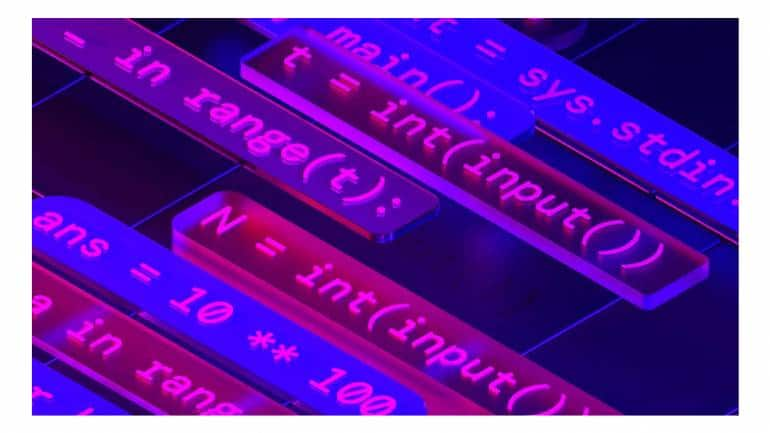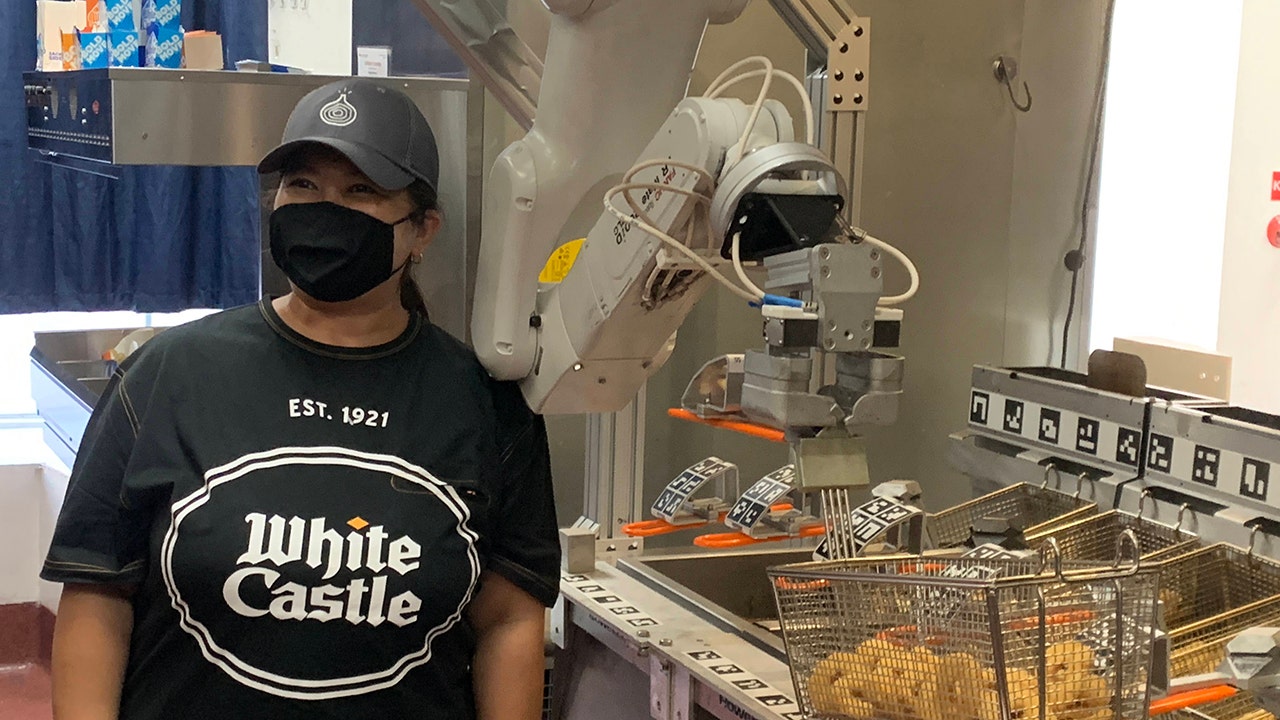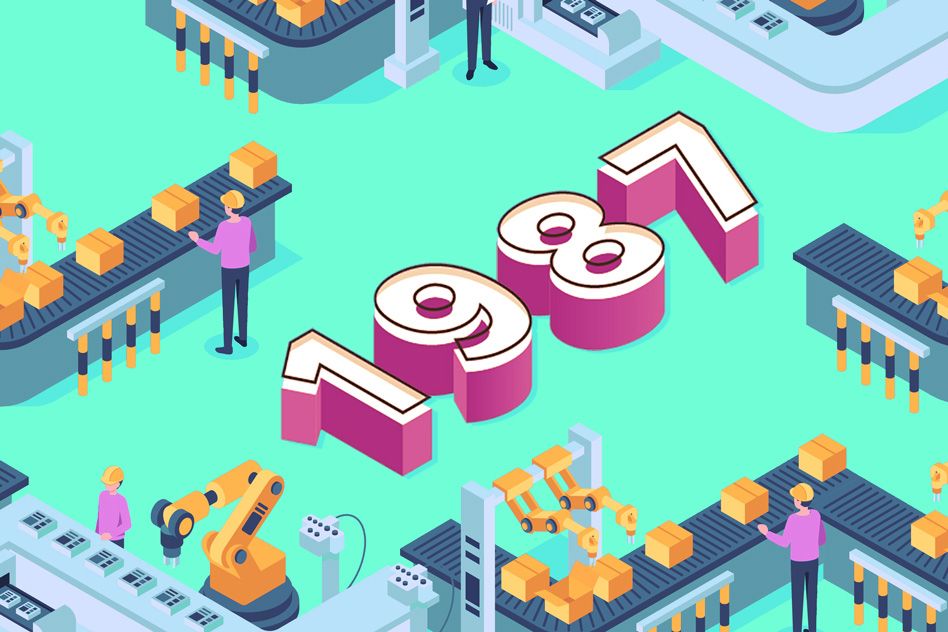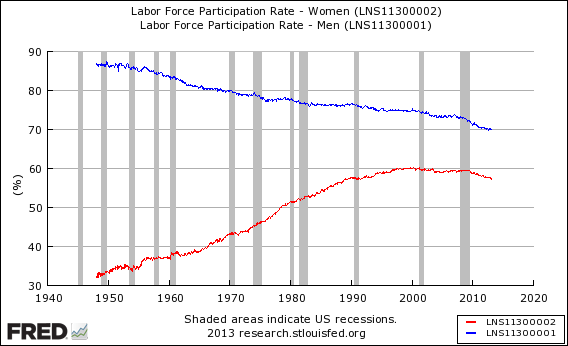Alpha Code ranked within to 54.3% of human coders
Bear Ribs
Well-known member
A thread for tracking new developments in AI, the latest jobs lost to automation, and where robots and industry are headed.
For an opener, in AI research DeepMind has released AlphaCode, an AI capable of writing code on its own. While this may not sound amazing, codes that produce new codes have existed a while now, AlphaCode can read a multi-paragraph plain-English description of the problem, parse out what the goals are from the instructions, and write code that will accomplish each of those goals and solve the problems. This is a huge advance because fundamentally, AlphaCode can lead to managers simply cutting out programmers entirely since AlphaCode can understand conversational instructions and figure out solutions from them.
Across multiple highly competitive programming contests, AlphaCode scored in the top 54% so about average among highly skilled programmers. It's increasingly looking like "Learn to Code" is going to go the way of learning to shoe horses as a career option.

 www.zdnet.com
www.zdnet.com

 techxplore.com
techxplore.com

 www.moneycontrol.com
www.moneycontrol.com
For an opener, in AI research DeepMind has released AlphaCode, an AI capable of writing code on its own. While this may not sound amazing, codes that produce new codes have existed a while now, AlphaCode can read a multi-paragraph plain-English description of the problem, parse out what the goals are from the instructions, and write code that will accomplish each of those goals and solve the problems. This is a huge advance because fundamentally, AlphaCode can lead to managers simply cutting out programmers entirely since AlphaCode can understand conversational instructions and figure out solutions from them.
Across multiple highly competitive programming contests, AlphaCode scored in the top 54% so about average among highly skilled programmers. It's increasingly looking like "Learn to Code" is going to go the way of learning to shoe horses as a career option.

Bad news for developers? This AI is getting very good at writing code
DeepMind says its research could eventually help programmers code more efficiently and open up the field to people who don't code.
 www.zdnet.com
www.zdnet.com

DeepMind's AI programming tool AlphaCode tests in top 54% of human coders
The team at DeepMind has tested the programming skills of its AI programming tool AlphaCode against human programmer competitors and has found it tested in the top 54 percent of human coders. In their preprint article, the group at DeepMind suggests that its programming application has opened...

Google-owned DeepMind's AlphaCode one step closer to autonomous coding
AlphaCode ranked within the top 54.3 percent of responses, in a challenge that is used for human coding competitions.




